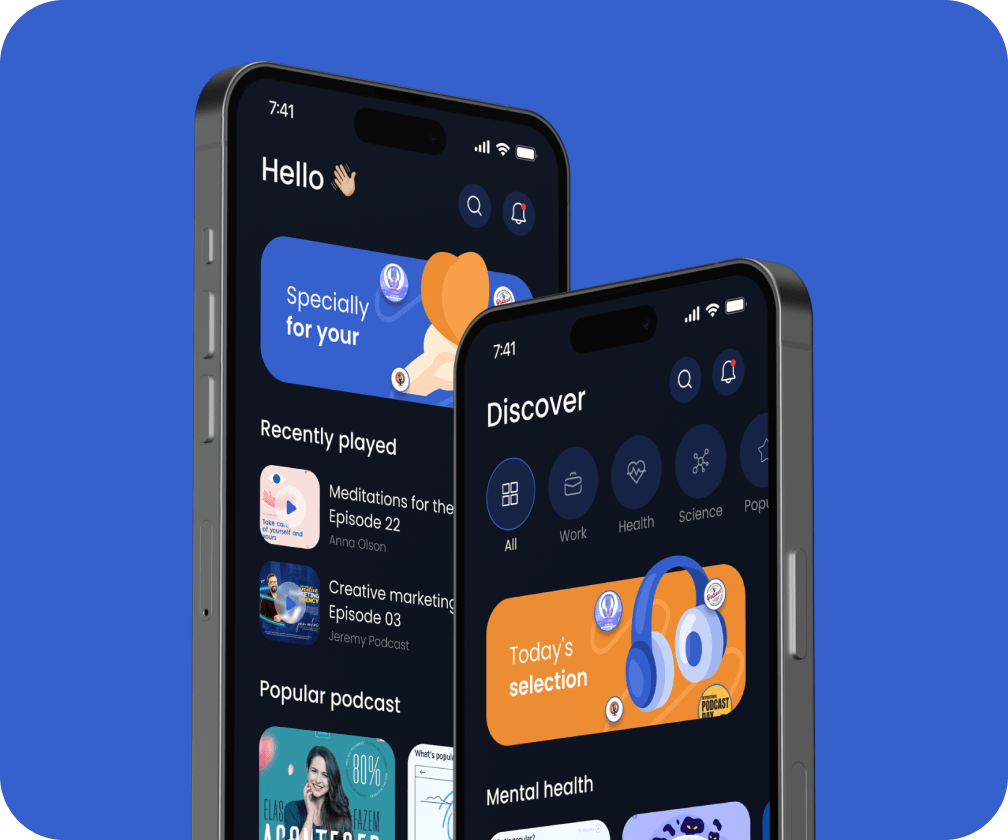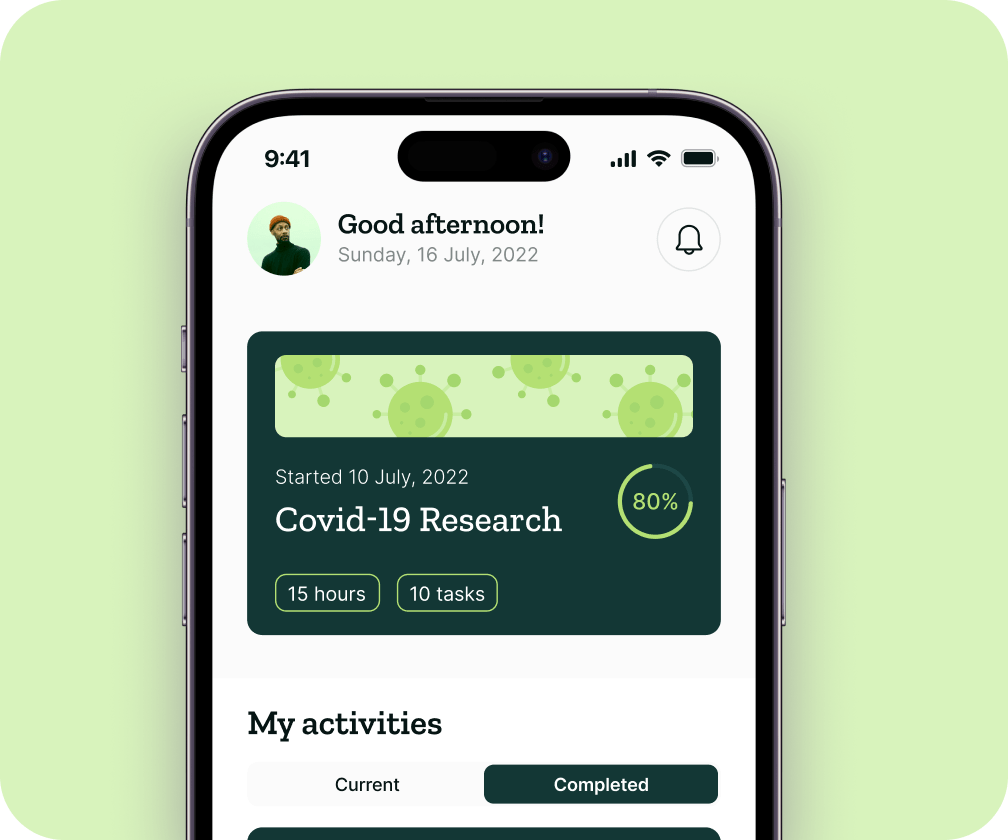This website uses cookies so that we can provide you with the best user experience possible. Cookie information is stored in your browser and performs functions such as recognising you when you return to our website and helping our team to understand which sections of the website you find most interesting and useful.
Flutter, Dart
Partnering With Our Company for Flutter, Dart Development
Expertise in Flutter, Dart
Our company boasts certified developers with a proven track record in Flutter, Dart development. Our team possesses the knowledge and skills to produce original and results-driven applications that cater to your company’s specific demands.
Comprehensive development services
We provide comprehensive app design and development solutions, from the inception of the concept to the concluding deployment. Our unwavering commitment to quality evaluation and thorough testing ensures your app adheres to the utmost performance and user experience benchmarks.
Post-launch support and maintenance
We understand that ongoing support and maintenance are crucial to the success of any mobile application. Our customer-focused approach includes regular updates, improvements, and prompt issue resolution to keep your app running smoothly and efficiently.
Proactive collaboration and communication
Our company emphasizes transparent and open communication during the development process, ensuring your vision and requirements are precisely realized in the final product. We actively engage with you throughout each project phase, aligning the app with your expectations and objectives. This robust partnership cultivates trust, promotes feedback, and ultimately results in a more fruitful and gratifying outcome.
Flutter, Dart vs Native Android, Kotlin
When comparing cross-platform mobile app development using Flutter and Dart with Native Android development using Kotlin, Flutter and Dart emerge as the superior choice due to their cross-platform capabilities and powerful UI framework. While Kotlin is a modern and powerful programming language that has gained popularity for Android development, it is limited to the Android platform.
On the other hand, Flutter and Dart allow coding once for both iOS and Android, cutting development time and effort. Flutter’s robust UI framework, driven by Google’s Skia, enables smooth, visually striking apps. Dart is performant and simple to learn. Thus, Flutter and Dart are more versatile, and efficient for cross-platform mobile app development than Native Android with Kotlin.
Flutter, Dart vs Native iOS, Swift
When comparing Flutter and Dart with Native iOS and Swift, it’s important to consider each technology’s strengths and weaknesses. Flutter offers cross-platform capabilities, meaning that code can be written once and deployed on both iOS and Android platforms. This provides a more efficient development process and cost-effective solution for businesses.
However, Native iOS development with Swift offers a more native experience and better performance, as Swift is optimized for Apple’s operating systems. Native development also offers more extensive access to device features and APIs, which can be a significant advantage for applications with complex requirements. Ultimately, the choice between Flutter with Swift depends on the project’s specific needs and the development team’s priorities.
Flutter, Dart vs React Native
In the comparison between Flutter and React Native, Flutter is the winner, primarily due to its performance, consistency, and UI capabilities. Both are designed for cross-platform mobile app development. However, Flutter offers a more seamless development experience. Flutter’s Dart language compiles directly to native machine code, resulting in better performance than React Native, which relies on a JavaScript bridge for communication with native components.
Furthermore, Flutter’s extensive widget library provides a consistent look and feel across platforms while React Native sometimes struggles to maintain uniformity in appearance and behavior between iOS and Android. These advantages make Flutter the preferred choice for cross-platform app development.
Flutter, Dart vs Ionic
Comparing Flutter (Dart) and Ionic, Flutter (Dart) is the clear winner due to its performance, native-like user experience, and extensive UI toolkit. Ionic, a hybrid app framework, uses HTML, CSS, and JavaScript for mobile apps. Flutter (Dart) compiles into native machine code for cross-platform use. Ionic’s web views may cause performance issues and less native feel. Flutter (Dart) ensures smoother animations and transitions.
Furthermore, Flutter (Dart)’s widget library offers a wide range of customizable UI components tailored to match your brand’s identity and style, resulting in a unique and visually appealing app. These factors make Flutter (Dart) the superior choice for building high-quality, cross-platform mobile applications.
Why Businesses Should Choose Flutter and Dart for Mobile App Development
Shorter Time-to-Market
Flutter and Dart’s mobile app development process allows developers to build, test, and deploy applications at a quicker pace than with traditional native app development. This shorter time-to-market enables businesses to launch their apps sooner, capitalize on new opportunities, and respond quickly to market trends or customer demands.
Increased Developer Productivity
Flutter and Dart’s hot-reload feature enables developers to see the results of their code changes in real-time, without needing to restart the app or lose their current state. Enhanced developer productivity results from faster iteration, quicker bug fixing, and a more agile development process, allowing for more efficient development.
Ease of Maintenance and Updates
Since Flutter apps share a single codebase across multiple platforms, it is easier to maintain and update the app. Developers can save time and effort in maintaining and updating the app by applying changes or bug fixes to the codebase once and automatically updating all platforms.
Vibrant Community and Ecosystem
The Flutter community is rapidly growing, with a vast number of developers and contributors creating packages, libraries, and tools to improve the platform. Businesses can take advantage of the vibrant ecosystem of third-party solutions and the community’s shared knowledge and experience to ensure that their apps are up-to-date with the latest trends and best practices.


